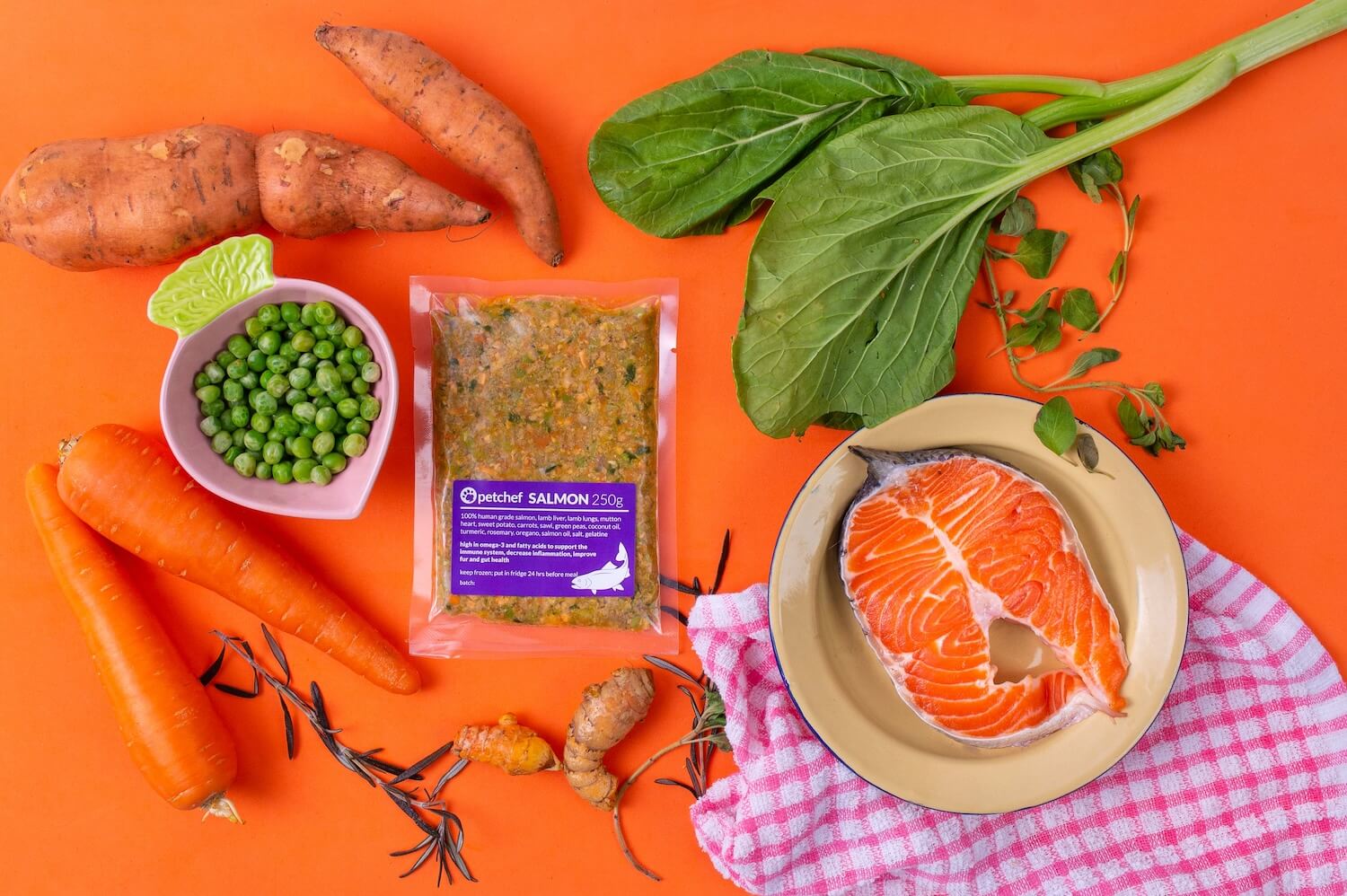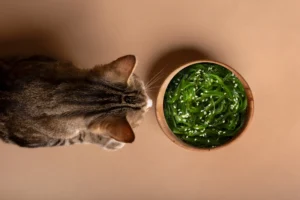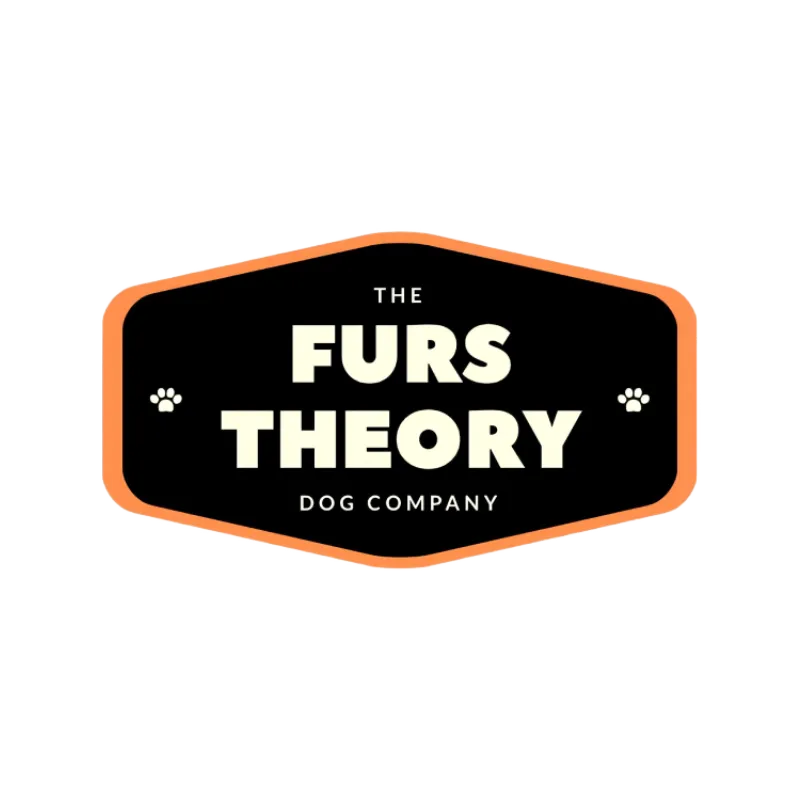Dogs have a knack for being wherever the food is, especially when you’re about to take a bite. Whether it’s a crisp apple or a crunchy potato chip, they’re always on standby, hoping for a taste. But as much as we love to share, some foods belong strictly on our plates, while others can be safely shared with our four-legged pals.
Curious about which foods make the cut? Let’s dive into part two of our guide, uncovering more everyday snacks and meals that are either dog-approved or completely off the table!
PS: Remember, YES means it’s okay in small amounts, and NO means it’s time to keep that snack far, far away!
Table of Contents
Can dogs eat cucumbers?
- Answer: YES
Why: Cucumbers are low in calories, hydrating, and safe for dogs. They make a great refreshing snack when given in moderation. Should your dog have the need to eat a whole cucumber or successfully eaten a large amount, watch for any signs of digestive upset.
Can dogs eat apples?
- Answer: YES
Why: Apples are safe and provide vitamins A and C, as well as fibre when fed in moderation. Make sure to remove the core and seeds, which contain cyanide and could cause gastrointestinal upset if ingested. If using applesauce, make sure it’s plain and doesn’t contain added sugars or artificial sweeteners.
Can dogs eat dragonfruit?
- Answer: YES
Why: Dragon fruit is safe for dogs and provides vitamins, antioxidants, and fibre. It can be a refreshing treat with several health benefits as it has a high water content, which can help keep your dog hydrated. Serve small amounts at a time and although dragon fruit seeds are not toxic, they can be difficult for dogs to digest. It’s best to remove them before offering the fruit to your dog.
Can dogs eat cheese?
- Answer: YES, WITH CARE
Why: Dogs can eat cheese, but it should be given in moderation. Cheese provides protein and calcium, which makes it a nutritional treat for training and rewarding. However, some dogs are lactose intolerant and may experience digestive upset, such as diarrhoea or gas, if they consume cheese. If given in large amounts, it can lead to weight gain or pancreatitis.
Can dogs eat tomatoes?
- Answer: NO
Why: Tomatoes, especially the green parts (leaves and stems), contain a substance called solanine (a type of glycoalkaloid poison), which can be toxic to dogs. Ripe tomatoes can cause gastrointestinal issues, such as vomiting or diarrhoea, in some dogs. Apples, blueberries, carrots, green beans, or sweet potatoes are safe and healthy fruit/veggie alternatives.
Can dogs eat kiwi?
- Answer: YES
Why: Kiwi’s are a low calorie fruit that is rich in vitamins C and K, fibre, and antioxidants, which can be beneficial for your dog’s health. It should be given in small amounts to avoid potential digestive issues. Always peel the kiwi and remove seeds before offering it to your dog as the skin is tough and can be difficult for dogs to digest while the seeds might cause gastrointestinal upset.
Can dogs eat rambutan?
- Answer: NO
Why: Rambutan has a high sugar content, which can contribute to obesity and dental issues in dogs. The fruit’s high fibre and sugar can cause gastrointestinal upset, such as diarrhoea or stomach discomfort. The seed of the rambutan may be difficult for dogs to digest and could potentially cause a blockage or other issues if swallowed. If your doggo’s begging for some, apples (without seeds), blueberries, or bananas in moderation are safer options.
Can dogs eat breadfruit?
- Answer: NO
Why: Breadfruit is high in starch, which can be difficult for dogs to digest and may lead to gastrointestinal issues; potentially worse if ingested in it’s raw form. Although not typically toxic, breadfruit can be hard for dogs to process and may cause digestive upset or discomfort.
Can dogs eat cat food?
- Answer: NO
Why: Cat food is formulated specifically for the dietary needs of cats, which are different from dogs. It typically contains higher levels of protein and fat, and certain nutrients that dogs do not require in such quantities. Regular consumption of cat food can lead to obesity, pancreatitis, and other health problems due to its high fat content. It might also cause digestive upset due to the imbalance of nutrients.
Can dogs eat oranges?
- Answer: YES
Why: Oranges are high in vitamin C, potassium, and fibre, which can be beneficial in small amounts. They also have a high water content, which can help keep your dog hydrated or entertained when fed as a frozen orange. However, oranges should be given in small amounts because they are high in natural sugars, which can contribute to weight gain or digestive issues if overfed. Remove the peel and seeds before offering oranges to your dog. The peel is difficult to digest and can cause gastrointestinal upset, while seeds may pose a choking hazard or cause digestive issues.
Can dogs eat carrots?
- Answer: YES
Why: Carrots are low in calories and fat, rich in vitamins A, K, and C, as well as fibre. They support eye health, immune function, and digestion. To prevent choking, cut carrots into small, manageable pieces or sticks; large chunks can be a choking hazard. In fact, because carrots are generally very good for dogs, we also have them in our Petchef meal recipes!
Frequently asked questions
What are some 100% dog safe treats?
Plain Cooked Meat
Small pieces of cooked meats like chicken, pork, fish, turkey, or beef are excellent protein-rich treats for dogs.
Plain Rice Cakes
A crunchy treat that’s light and easy on the stomach.
Unsalted Peanut Butter (with no Xylitol)
A tasty source of protein and healthy fats; just make sure it’s free of harmful ingredients.
Plain Popcorn
Popcorn without butter, salt and seasoning makes a fun, crunchy snack. But keep portions small and ensure no kernels are left behind.
What to do if my dog ate something poisonous?
- Stay Calm and Identify the Substance
Determine what and how much your dog ate, and check for symptoms like vomiting or lethargy. - Contact a Vet or Poison Helpline Immediately
Call your vet or a pet poison control centre for immediate advice. - Follow Vet Instructions
Do not induce vomiting or give home remedies unless specifically instructed by the vet. - Bring Packaging to the Vet
Take any packaging or labels of the poisonous item to help with treatment. - Monitor Your Dog Closely
Watch for worsening symptoms like seizures, difficulty breathing, or abnormal behaviour while waiting for help. Signs of poisoning may include vomiting, diarrhea, excessive drooling, lethargy, difficulty breathing, seizures, or collapse.











